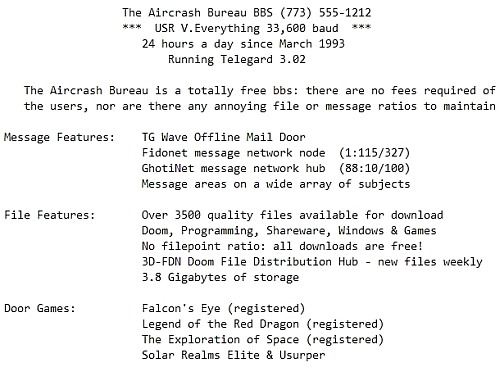A friend of mine pointed out this article to me. It discusses the recently passed “Amazon Tax” law in New York. The general idea behind the law is that online retailers who get business from “click-through” affiliates on the web have a de facto physical presence in New York state, because some of those affiliates will inevitably reside there.
Even as a layman, I see some real problems with this law.
The whole thing is built on the concept of Internet affiliates living in the state. It is not at all clear to me that a click-through affiliate constitutes a physical presence for the retailer. That’s like saying that a 1099 salesman represents a physical presence – even though he is not in any legal sense an employee. I do occasional freelance work writing software for a company in California. Does the fact that I live in Illinois mean they have a physical presence here? I don’t think so.
The article notes that there are “more than 7,400 state and local tax codes in the United States”, which, while technically true isn’t particularly relevant – states and large cities might attempt to enact similar laws, but it’s very unlikely that every taxing body in the nation would follow suit. Still though, if/as more state governments enact similar plans, it really does place an increasingly unreasonable burden on online retailers to track the tax laws potentially affecting every order.
This tax is not going to level the playing field for brick-and-mortar stores, anyway. I don’t buy online to save money on taxes – I buy online because the basic price is usually much less than what a local retailer charges. Even if you add shipping costs and remove local taxes from the equation, the online shopping is still often cheaper.
Further, it’s an administrative nightmare not just for the affected retailers, but also for the state. There will have to be an entirely new government office to (try to) discover and keep track of which retailers are affected. How do they even determine which click-through affiliates are in their state? Surf every web page for a click-through link, and do a whois to find out if the owner is a state resident? And what about someone who lives in New York, but has a web site that’s hosted in Texas? If Texas enacts a similar tax law, might they not reasonably claim that the “physical presence” is in their state, not New York?
Once the state has figured out which online retailers to pursue, how will they then determine how much business they’ve done in the state and the extent to which items are taxable? After all, many taxing bodies apply different rates for different kinds of goods. Most companies are probably not going to be keen to voluntarily turn over the necessary records. It many not even be possible to force them to do so.
The bureaucracy alone will easily eat half of the anticipated tax revenue. The other half will be eaten up in court disputes. And if, by some great misfortune this law does eventually pass legal muster, one possible outcome is that an affected online retailer will simply cease their affiliate program. And who will that hurt most? The affiliates who happen to be residents and taxpayers of the state.
